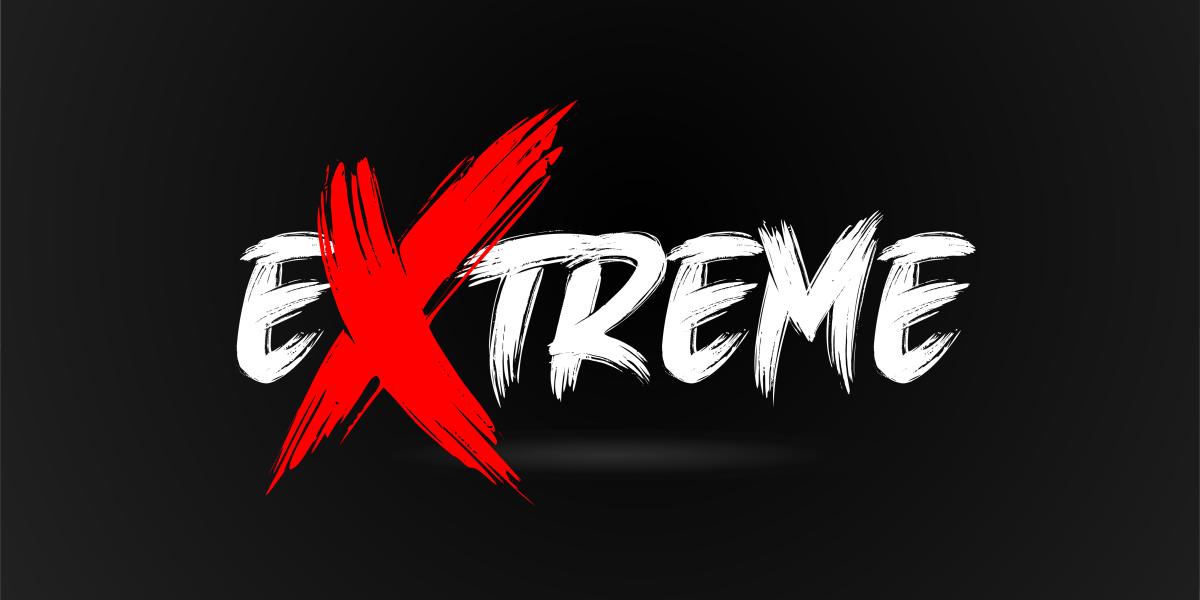Gustavo Petro, Colombia’s president, has called for an emergency meeting of Latin American countries to respond to a “threat” by the United States. He is referring to the executive order supposedly signed by Trump and reported by The New York Times, which asks the Pentagon to ready the army for military interventions against drug cartels in the region.
This order was reported the day after Pam Bondi announced a reward of $50 million for information leading to the arrest of Venezuela’s president, Nicolás Maduro. She accused him of being “one of the largest drug traffickers in the world and a threat to U.S. national security” and the leader of the supposed “Cartel de los Soles” with ties to the Tren de Aragua and the Sinaloa Cartel.
This makes Maduro a legitimate target for the army, since Trump had previously labeled these drug cartels as terrorist organizations. Both Petro and Maduro had accused Marco Rubio of plotting “terrorist attacks” against Venezuela. Of course, it could be argued that both were trying to deflect attention from internal problems and that the U.S. is an easy target.
It is no secret that the United States has aimed at regime change in Venezuela since at least Hugo Chávez came to power, who survived a coup in 2002. After the 2018 election, the U.S. tried to push Juan Guaidó as president, while after the 2024 election it tried to push the frontman of Corina Machado, Edmundo González. Marco Rubio confirmed that the Trump administration’s designation of the Cartel de los Soles, which it claims is led by Maduro, as a terrorist organization would legitimize U.S. military operations in Venezuela
If the U.S. wanted to intervene militarily in Venezuela, it has already built up the case. However, as Nick has elaborated in this post, Venezuela might not be the country to which Trump’s order is directed—at least not in the short term—but rather Mexico. Nick argues that full-blown military action against Mexico is not probable, but that the threat of a U.S. unilateral military action against drug cartels is growing and perhaps “imminent”.
A full military action against Venezuela or Mexico is not expected in the short term, but perhaps that is not the purpose of Trump’s order. The combination of labeling drug cartels as terrorist organizations and ordering the army to be ready for a possible intervention against them could be used, in due course, against most countries in Latin America. That’s why Petro is calling for a regional meeting to respond to what he says is a threat to all.
This meeting will probably not happen, and if it does, it will only be attended by Petro’s ideological allies, which are growing thin in the continent as the U.S., under Trump, redirects its attention to the applicability of the Monroe Doctrine in the region. It is not that it has ever abandoned it, but the need for it and the justification is changing. An example of this is the recently released U.S. State Department Human Rights report.
In the report, the Trump administration asked to soften the critique of partners in the region, such as El Salvador, about which the report says that there are “no credible reports of significant human rights abuses.” On the other hand, it has ramped up criticism of Brazil, with whom the U.S. is currently involved in an escalating spiral of diplomatic conflict.
Trump wants Brazil to drop the charge against ex-President Bolsonaro, who is accused of leading a coup conspiracy after losing elections. Lula has defied the U.S. and vowed not to submit to Trump’s designs, which has led the U.S. president to impose 50% tariffs (with notable exceptions) and to apply sanctions on members of the judiciary. But the case is larger than Brazil.
The Trump administration is seeking to ward off Chinese and Russian influence in the region and is doing so by lending full support to allies such as El Salvador, Argentina and Ecuador—where U.S. military bases might stage a comeback—and going strong against countries that do not bow to its will, such as Petro’s Colombia, Venezuela, or Brazil.
Brazil is a founding member of BRICS, and Lula has openly called for de-dollarization. For the U.S., making Brazil fall in line would serve as an example to others against defying U.S. hegemony in a region that it considers its sphere of influence.
In asserting its influence, Trump is taking a different approach than previous administrations. Instead of using human rights and democratic measurements to justify its interventionism, he is returning to threats to national security from drug cartels and immigration. It is also readopting the policy of backing up authoritarian governments in the region—such as El Salvador or Ecuador—as long as they are servile to U.S. interests.
Both policies have had terrible results in the past. As Nick points out, “further militarizing the war on drugs is unlikely to hamper the flow of drugs; it just creates yet more cycles of violence. We have already seen this play out in Colombia and Mexico, and is currently playing out in Ecuador.” And many of the past U.S.-backed dictatorial regimes in Latin America, such as Chile, Argentina or Brazil, were particularly brutal.
This focus and change of attitude towards the region is driven by what Foreign Affairs magazine titled “The Return of Sphere of Influence” and argues that the concept of “sphere of influence” has been gaining traction since 1999, but especially after the economic crisis of 2008–09 and the Ukraine war, which could be argued marks the end of U.S. hegemony.
The authors define “spheres of influence” as larger countries “using their advantages in military force, economic leverage, and diplomacy to secure spheres of influence—that is, geographic areas over which a state exerts economic, military, and political control without necessarily exercising formal sovereignty.”
The subtitle of this article—“Will Negotiations Over Ukraine Be a New Yalta Conference That Carves Up the World?”—becomes even more relevant with the upcoming Trump–Putin meeting in Alaska. The result of this meeting could herald what geopolitical analyst Alfredo Jalife calls the new “tripolar order”. The “tripolar order” is a G3 composed of China, Russia and the U.S. each with a “sphere of influence”.
Although there are other analysts, such as Andrew Korybko, who argue that Russia is trying to beat China to what he calls a “New Détente” with the U.S., which would normalise their relationships, would lessen Russia’s dependence on China and would allow the U.S. to “pivot back to Asia” to contain China.
Regardless of the outcome, what seems to be emerging is that the end of the “rules-based order”, which is digging its own grave in Gaza, will be followed by a return to one based on different powers exerting influence over their regions. China, Russia and the U.S. are the obvious ones, but others, such as Turkey, Israel, India or Ethiopia are following suit.
This development in international relations is, I suppose, expected after a hegemonic power loses grip. The power vacuum is filled by other actors. What remains to be seen is if these actors will behave in their “spheres of influence” similarly to how the U.S. does. I, personally, hold some hope that there will be some differences as China’s way, for example, is less confrontational and more diplomatic, for now.
However, I don’t discard the possibility that this return to a world governed by regional powers, now aided by surveillance technology and control tools never experienced before, is not the previous stage before a further concentration and consolidation of power in fewer global actors. The U.S. has already signed agreements with Chile, Ecuador and Colombia to share biometric data.


























